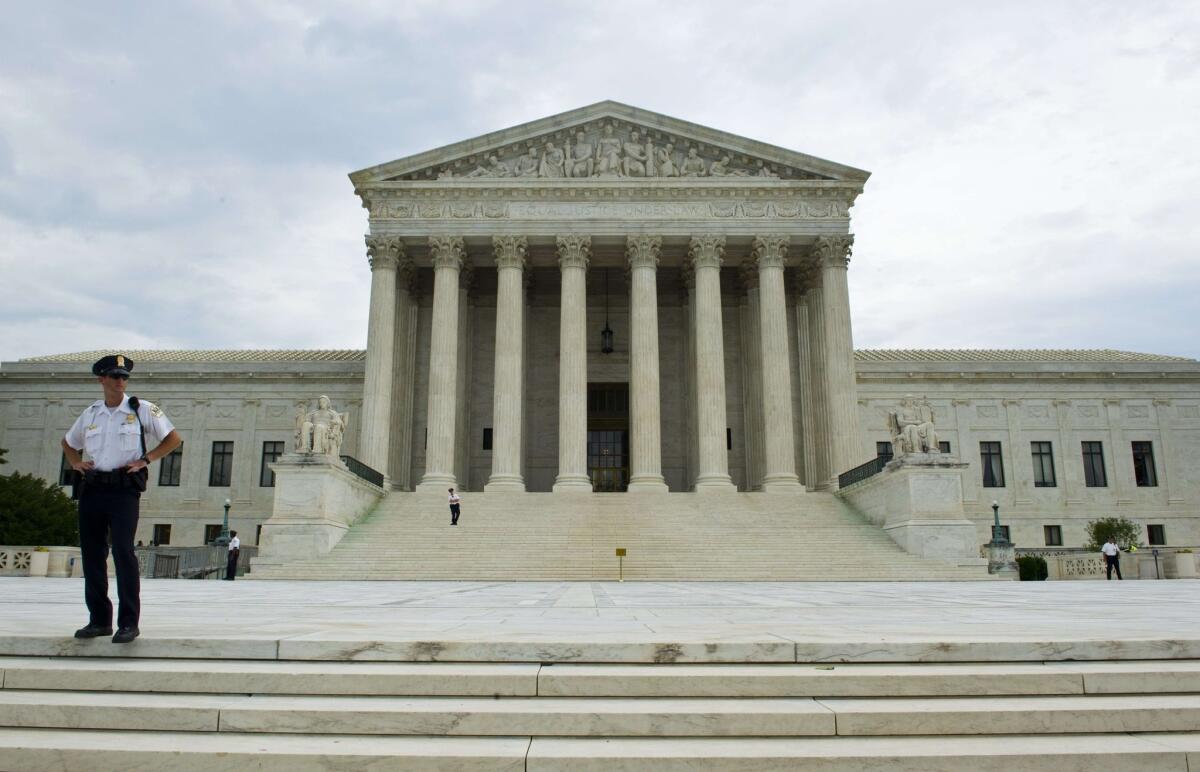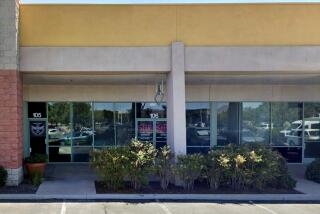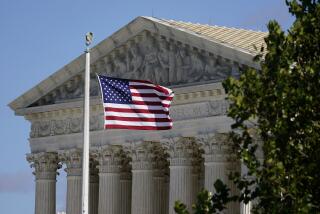Supreme Court raises bar for securities class-action cases

The Supreme Court on Monday made it tougher for investors to join together to sue corporations for securities fraud, a decision that could curb the number of multimillion-dollar legal settlements companies pay out each year.
But the unanimous ruling was only a modest step. It stopped short of tossing out a quarter-century-old legal theory that might have ended securities class-action lawsuits altogether. Only three of the nine justices said they would have gone that far.
Writing for the court, Chief Justice John G. Roberts Jr. said that companies should have a chance in the early stages of a lawsuit to show that any alleged fraud was not responsible for a drop in the company’s stock price.
The change could make it more expensive and time-consuming for plaintiffs at the early stages of litigation. That gives corporations a better chance to mount a defense and could discourage lawyers from bringing weaker securities cases.
The ruling is a partial victory for Halliburton Co., which is trying to block a class-action lawsuit alleging that the energy services company inflated its stock price. A group of investors alleges that they lost money when Halliburton’s stock price dropped after revelations the company misrepresented revenues, understated its liability in asbestos litigation and overstated the benefits of a merger.
Halliburton attorney Aaron Streett said he was pleased “that the Supreme Court restored a measure of rationality and balance to securities class actions.” The case now goes back to the lower courts, where Halliburton will have another chance to block the investors from joining together as a class.
The decision is a minor win for business groups that complain the growth of such class actions is a drain on corporate profits and a windfall for plaintiff lawyers. Investor groups say the lawsuits help deter corporate fraud and abuse.
But the justices rejected Halliburton’s broader request to overturn the court’s 1988 decision in Basic vs. Levinson, a case that sparked a surge in securities class-action lawsuits against publicly traded companies and has led to an estimated $73 billion in settlements since 1997.






